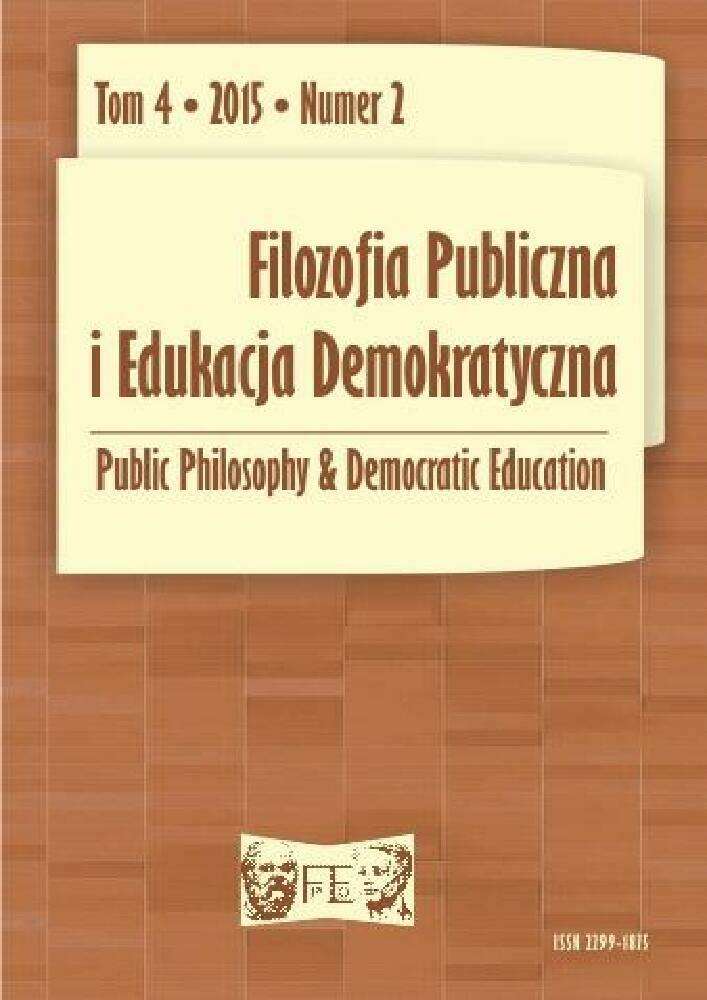Abstract
Following paper is concerned with the problem of Is/Ought dichotomy in Hans Kelsen’s Pure Theory of Law. This is one of the most important problems which needs to be addressed in order to provide autonomous legitimacy of law in terms of normativism. The claim that those two spheres ought to be separated, is analysed from three different philosophical perspectives: ontological, epistemological and normative. Each of them posits Kelsen’s dichotomy as essential to a development of his concepts. The paper is an attempt to answer the question why this distinction is necessary in the context of legal validity and effectiveness.References
Jelić, Zoran, „An Observation on the Theory of Law of Hans Kelsen”, w: Law and Politics, 2001, vol. 1, nr 5.
Kelsen, Hans, Czysta teoria prawa, tłum. R. Szubert, Lexis Nexis, Warszawa, 2014.
Kelsen, Hans, General Theory of Law And State, tłum. A. Wedberg, The Lawbook Exchange, Clark, New Jersey, 2007.
Kelsen, Hans, Pure Theory of Law, tłum. M. Knight, The Lawbook Exchange, Clark, New Jersey, 2009.
Rigaux, François, „Hans Kelsen on International Law”, European Journal of International Law, 1998, nr 9.
Searle, John Rogers, Fact and Value, “Is” and “Ought” and Reasons for Action, Semenko Foundation, New York, 1999.
Stelmach, Jerzy; Sarkowicz Ryszard, Filozofia prawa XIX i XX wieku, Wydawnictwo Uniwersytetu Jagiellońskiego, Kraków, 1998.
Von Wright, Georg Henrik, „Is and Ought”, w: Normativity and Norms, Clarendon Press, Oxford, 1998.
Wróblewski, Jerzy, Krytyka normatywistycznej teorii państwa i prawa Hansa Kelsena, PWN, Warszawa, 1955.
Zalewska, Monika, Problem zarachowania w normatywizmie Hansa Kelsena, „Jurysprudencja” 1/2014, Wydawnictwo Uniwersytetu Łódzkiego, 2014.
License
Copyright (c) Authors retain copyright and publishing rights to their articles in this journal, granting the journal the right to distribute them under the terms of the CC BY-NC-ND 4.0
